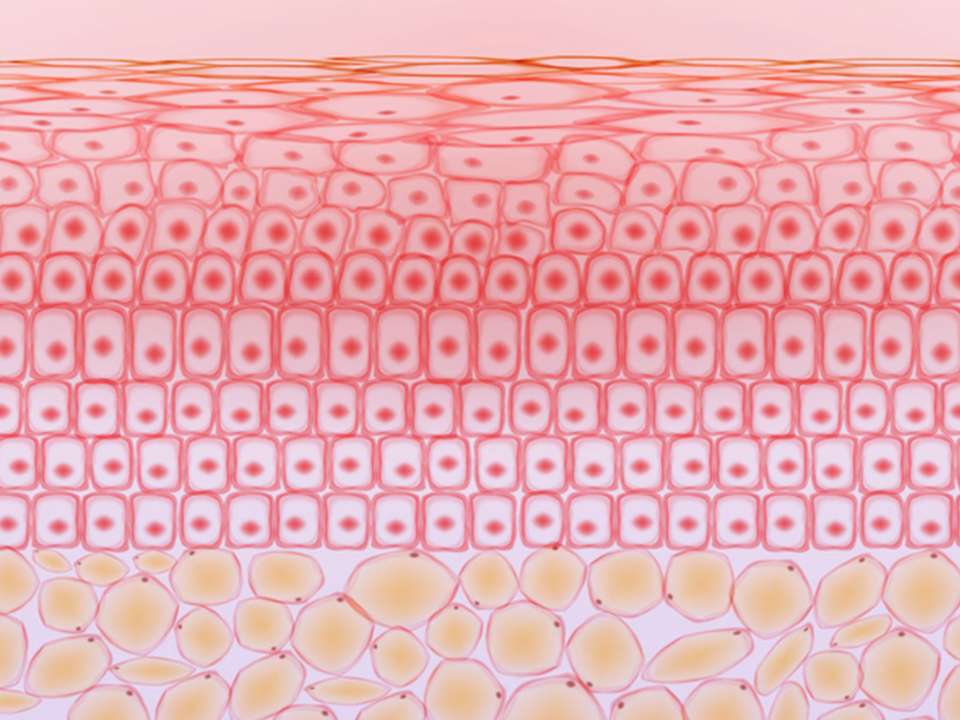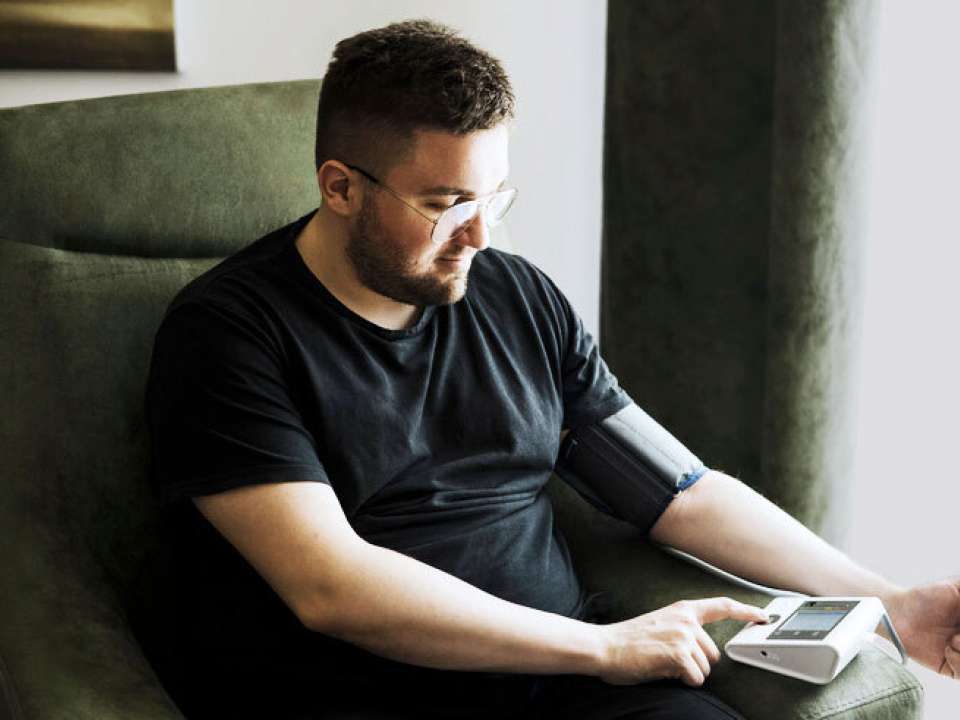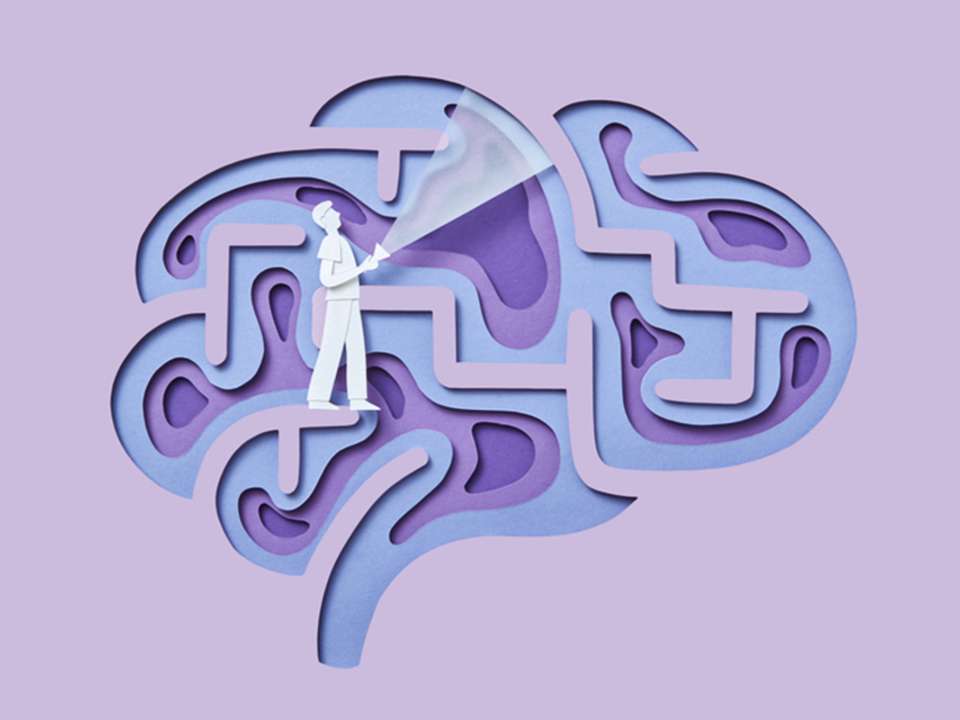
If you’re one of the 1 million people in Washington state who experience headaches, there’s a fair chance you reach for a painkiller at the first sign of throbbing or radiating pain.
This makes sense: Many pain medications say headache or migraine relief right on the bottle. But most pain medications weren’t specifically designed to treat headaches, and if used more than 10 days per month, they can worsen your headaches or cause a headache disorder to develop into chronic migraines.
“People take a lot of as-needed medications to reduce symptoms of migraines and headaches, and it leads to medication overuse headaches,” says Dr. Natalia Murinova, director of the UW Medicine Headache Clinic and one of only eight headache specialists in Washington state.
Yep, you read that right. The pain relievers you are using to treat your headache symptoms can cause medication overuse headaches, and even chronic migraines.
What are medication overuse headaches?
Medication overuse headaches, previously called rebound headaches, occur when you use medication to treat the symptoms of a headache too often, which in turn causes daily or near-daily rebound headaches.
To meet the International Classification for Headache Disorders criteria for medication overuse headaches, you must have a pre-existing headache disorder with more than 15 headache days a month and you must use pain medication for more than 10 days a month for three months. This means any mix of drugs such as over-the-counter medications like acetaminophen (Tylenol) or NSAIDS (ibuprofen); triptan (sumatriptan) a common drug prescribed to treat migraines; other painkillers; and opioids.
While taking medication 10 days per month is the official diagnosis, Murinova notes it’s possible to develop medication overuse headaches even if you take medication less often.
“If you use more than a certain amount of medication per month and you’re under stress, then you start to get in trouble. Some people are genetically sensitive and have a lot of stress, so even three to four days per month of as-needed pain medication use can make their headaches worse,” she says.
It’s also important to note that it takes fewer days per month of opioids to develop medication overuse headaches, and opioids are much likelier to lead to chronic migraine and harm your brain.
Why do painkillers cause medication overuse headaches?
If you’re feeling betrayed by your medication, we get it. It’s counterintuitive that the medication you use to treat headaches can worsen them.
Researchers are still determining what specifically causes medication overuse headaches; however, the current thinking is that overusing medication causes changes to the structure and function of your central nervous system, central sensitization (when your neurons become more sensitive to stimuli that otherwise wouldn’t be painful) and neuroinflammation (inflammation in your brain and spinal cord) — all of which may contribute to rebound headaches and chronic migraines.
“Initially we thought why we had headaches had to do with vessels, then it was neurons, then neuroinflammation. Now we know it’s all of the above,” Murinova says.
In the case of overuse medication headaches, when you overuse triptans or over-the-counter painkillers, it pushes your system into overdrive, ultimately resulting in additional headaches.
“You can think of the analogy of cars that are supposed to be going 60 miles per hour going 100 or 120 all the time. Tylenol and other drugs push your system into over-excitability, which quickly drains your resources,” Murinova says.
Do you have to stop taking pain relievers to prevent medication overuse headaches and chronic migraines?
If you are using over-the-counter pain medication only once or twice a month to manage minor aches and pains, you’re in the clear. However, if you’re using pain medication frequently, it’s worth considering the best treatment plan to manage pain without causing rebound headaches.
Having medication overuse headaches can put you between a rock and a hard place. On the one hand, overusing medication can contribute to chronic headaches. On the other, stopping medication means having to cope with the painful symptoms of the headaches you currently have.
Historically, some researchers believed the best way to treat medication overdose headaches was abrupt withdrawal from drug use (aka: quit painkillers cold turkey). But recent research from the Medication Overuse Treatment Strategy (MOTS) trial, which Murinova and UW Medicine help conduct, found that you may not have to stop taking over-the-counter pain medication to treat chronic migraines.
The trial found that people who receive preventive treatment for medication overuse headaches can reduce their number of moderate to severe headaches regardless of whether they continue or stop taking over-the-counter medication for their headache symptoms. This reduction in headaches occurred at the same frequency for people who stopped taking over-the-counter painkillers and those who continued to take them, though a secondary finding did note people who stopped using over-the-counter medications were less likely to overuse them in the future.
“Both treatment strategies are reasonable, and they provide similar benefits overall,” Murinova says.
Basically, while limiting or stopping the use of over-the-counter medications is helpful, it isn’t required for recovery from chronic headaches. What you do need is preventive treatments to reduce the number of days per month you have headaches (which in turn reduces how often you need medication for symptom management and therefore stops medication overuse).
Ultimately, you’ll want to talk to your doctor about the right plan for you.
How to treat headaches and migraines without overusing pain medication
The good news is there are ways to treat your headaches and alleviate pain without causing rebound headaches.
“When I see someone in the Headache Clinic, my main focus is reassuring them that they can recover. It’s about giving them options and giving them hope,” Murinova says.
There are several lifestyle changes that help reduce the onset of headaches, such as good sleep hygiene, daily exercise, good nutrition and limiting stress. Behavioral therapy, physical therapy and relaxation aids like massage and acupuncture can also help, Murinova says.
If you have chronic migraines, preventive treatments can reduce the number of migraines you have by stopping migraines from occurring in the first place (without causing medication overuse headaches). One such treatment is anti-CGRP medication, which has been designed specifically to treat migraines by blocking the effects of CGRP, a neuropeptide in your brain that plays a role in migraines. These medications can be used once per month at home, or once every three months.
There are also new wearable and handheld neuromodulation devices that use electrical nerve stimulation to prevent and treat migraines and other types of debilitating headaches.
“Neuromodulation devices allow you to be self-reliant and access treatment in the luxury of your own home,” Murinova says. “These are great options for people who prefer not to take any medications, have no response to medications or have contraindication for medication use.”
Some of the neuromodulation devices include Cefaly and Nerivio, which treat migraines; gammaCore, which treats migraines and episodic cluster headaches; and Relivion, which treats migraine and major depressive disorder.
The bottom line
You don’t have to live with chronic headaches or rely on over-the-counter medications to cope with pain.
“People can get better even if they’ve had headaches for 10, 20, 30 years,” Murinova says.
By supplementing over-the-counter pain medication with preventive treatment (or moving to just preventive treatment) you can work with your doctor toward being headache and pain free.

 Healthy ideas for your inbox
Healthy ideas for your inbox





